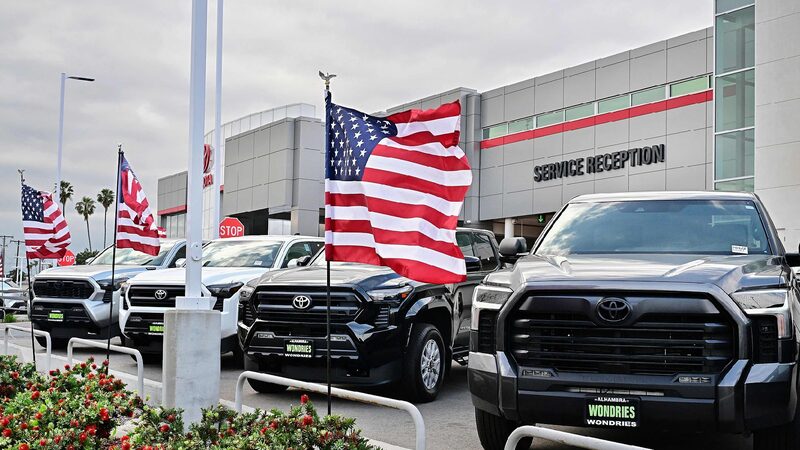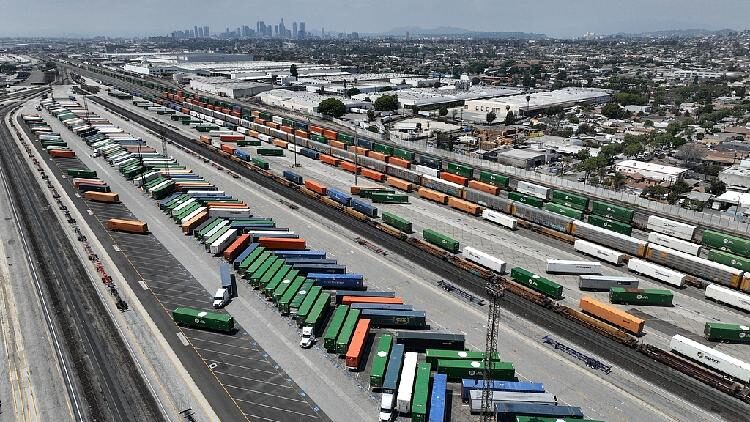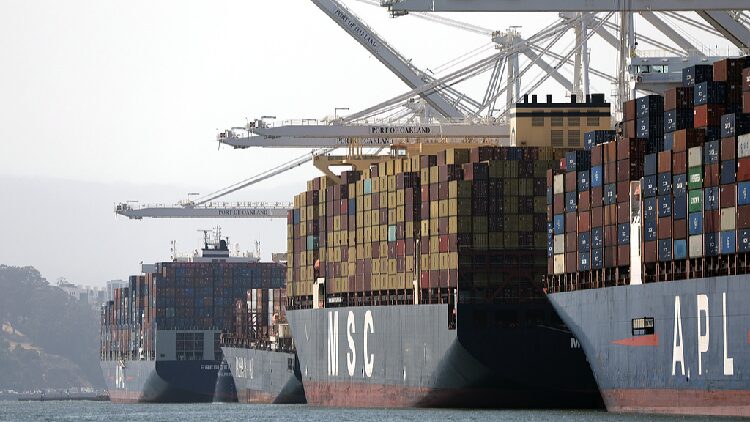American small business owners are experiencing increased financial strain as a result of tariffs imposed by former President Donald Trump on imports from the Chinese mainland. These tariffs have led to higher costs for importers, many of whom are small business owners who rely on affordable goods from the Chinese mainland to stock their shelves.
Erica Campbell, a small gift shop owner in Phoenix, Arizona, has been importing products from the Chinese mainland for years. Her business depends on items like colored eggs, baby blankets, and plush toys, which are designed in the United States and manufactured overseas. When tariffs of 20 percent were imposed on these imports, Campbell found herself facing difficult choices. The additional costs threatened to cut into her already thin profit margins, forcing her to consider raising prices, which could drive away customers.
Campbell’s story is not unique. According to the American Chamber of Commerce, there are over 33 million small businesses in the United States, accounting for 99.9 percent of all businesses and 44 percent of the country’s GDP. These small enterprises are particularly vulnerable to increased import costs, as they often lack the resources to absorb additional expenses.
Many of these businesses have struggled to find alternative suppliers within the United States. Julianaa Rae, a silk products retailer in Burlington, Massachusetts, has sourced her goods from the Chinese mainland for two decades. She notes that the combination of quality, expertise, and price offered by suppliers from the Chinese mainland is unmatched elsewhere. When attempts are made to source products domestically, small business owners often encounter unresponsive suppliers or significantly higher costs.
The tariffs have also had a ripple effect on consumers. As businesses face higher import costs, those expenses are often passed on to shoppers in the form of higher prices. Economic studies estimate that these tariffs have led to an additional expenditure of over $1,200 per U.S. household annually.
Furthermore, the broader economic impact includes potential job losses and decreased competitiveness for U.S. businesses in the global market. Sectors like automotive parts, clothing, and electronics have been particularly hard-hit, as they rely heavily on complex supply chains that are difficult to restructure quickly.
While the intent behind the tariffs was to protect American industries and reshape global trade, many experts argue that they have instead harmed the very businesses they were meant to help. With small businesses being the backbone of the American economy, the increased financial pressure could have long-term negative effects on economic growth and stability.
Reference(s):
Trump tariffs sacrifice American small businesses and families
cgtn.com








